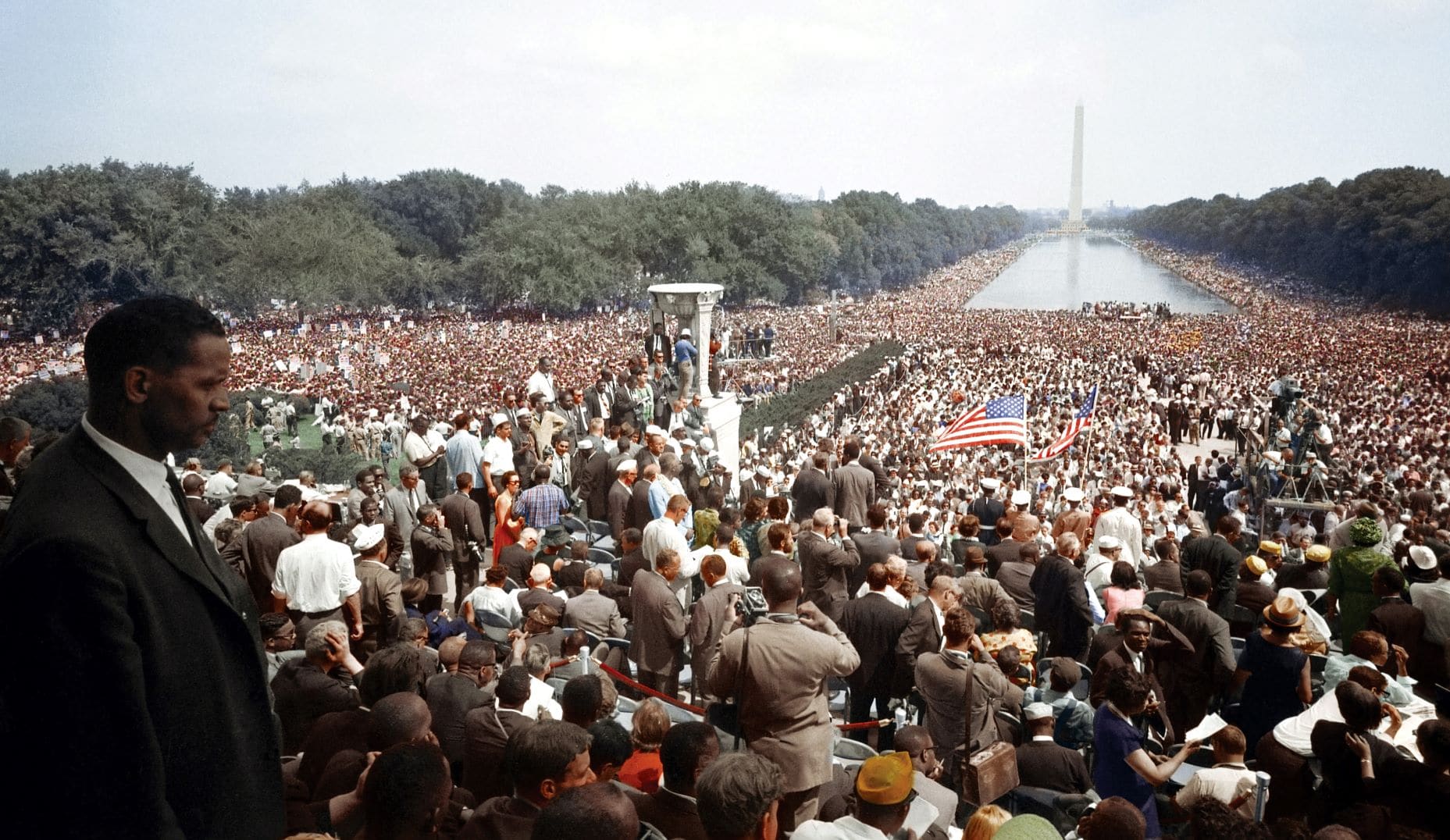



Principles for Federal Government
There is a story about a boy at his third birthday party. Naturally, the boy is excited, as there are balloons, gifts, and a cake, partiers are singing the song, the boy is blowing out candles, and people are asking how old he is now. This boy’s exuberance exacerbates a common problem he has at that age in articulating the th sound, so what he is exclaiming as he bounces around the room sounds like “I’m free! I’m free!” That’s all well and good, and everyone understands he is just stating his new age, until his cousin, perhaps a bit envious of the attention being paid to the boy, retorts back: “So what—I’m four!”
Preschoolers might think it is preferable to be four, but, when they are old enough to pronounce their words right, they will understand that it truly is better to be free than just about anything else.
Free People
Freedom is a fundamental value of the United States of America, as evidenced by the words our country has chosen to celebrate:
National Treasure, Symbol, Song
Reference to Freedom*
Monuments
National Anthem
“Oh, say does that star-spangled banner yet wave; O’er the land of the free and the home of the brave?”
Civil Rights Movement
Dr. Martin Luther King, Jr.’s “I Have a Dream” Speech in 1963 (pictured above): “Let freedom ring…free at last…”
Declaration of Independence
Emancipation Proclamation
Lincoln’s 1863 declaration “that all persons held slaves…are, and henceforth shall be free“
Gettysburg Address
“that this Nation, under God, shall have a new birth of freedom…”
Constitution of the United States of America
Preamble
First Amendment
Second Amendment
Fifth and Fourteenth Amendments
Thirteenth Amendment
Coins
“Liberty” appears on the face of every U.S. coin denomination
*Freedom and liberty are synonyms as to the relevant meanings of each word.
Free often is said to be the best word in marketing, and it is a preeminent principle in government, but of more value. For starters, while goods may indeed be “free,” our freedom cost an immeasurable amount in the form of extraordinary sacrifices by soldiers and their families. Today, as much as at any other time in our nation’s history, our federal government must do everything within its power to preserve and in fact enhance the freedom and individual liberty of the American people. This principle, as we will explain in future posts, applies to issues from national defense to immigration, from health care to education, and from abortion to guns to taxation.
Free Enterprise and Free Markets
The editorial pages of the Wall Street Journal follow the motto “Free People, Free Markets.” Principle Based Politics also believes that not only must people have individual freedom and liberty, as discussed above, but that this freedom principle extends to the economic system America follows. The free enterprise system, free trade, and a free-market economy are the best means to “promote the general Welfare, and secure the Blessings of Liberty to ourselves and our Posterity,” as stated in the Constitution.
Much of the tyranny and oppression the colonists suffered was economic in nature. The British had “cut off our trade with all parts of the world,” the Declaration of Independence pointed out. One of the expressed purposes of the Constitution was to “Establish commerce,” its Preamble noted, and the branches of government each were designed in Articles I, II, and III to have a role in business dealings domestically and internationally.
It is somewhat of an overstatement when people, slightly misquoting President Coolidge, simply say “the business of America is business.”* But we all do benefit—either through better jobs, increased value of assets, generation of increased tax revenue, or investment returns—when companies are thriving in America. Our economic system, although imperfect, is the best in the world. Certainly, socialism and communism have never been successful anywhere.
*What Coolidge actually said, in a 1925 speech to the American Society of Newspaper Editors about the role of the press in a free-market economy, was more precise: “After all, the chief business of the American people is business. They are profoundly concerned with producing, buying, selling, investing and prospering in the world.”
Freedom of markets and free enterprise, like individual freedom itself, remain the optimal known means for improving the lives of the most people.
Written by Quentin R. Wittrock, founder of Principle Based Politics.
Look for his posts twice each week, as this blog will explore and promote the idea of principle in politics, both as to individual elected leaders and our federal government as an institution.
This month, we are expounding on the following government principles:
No Comments